Category: Seniors
-
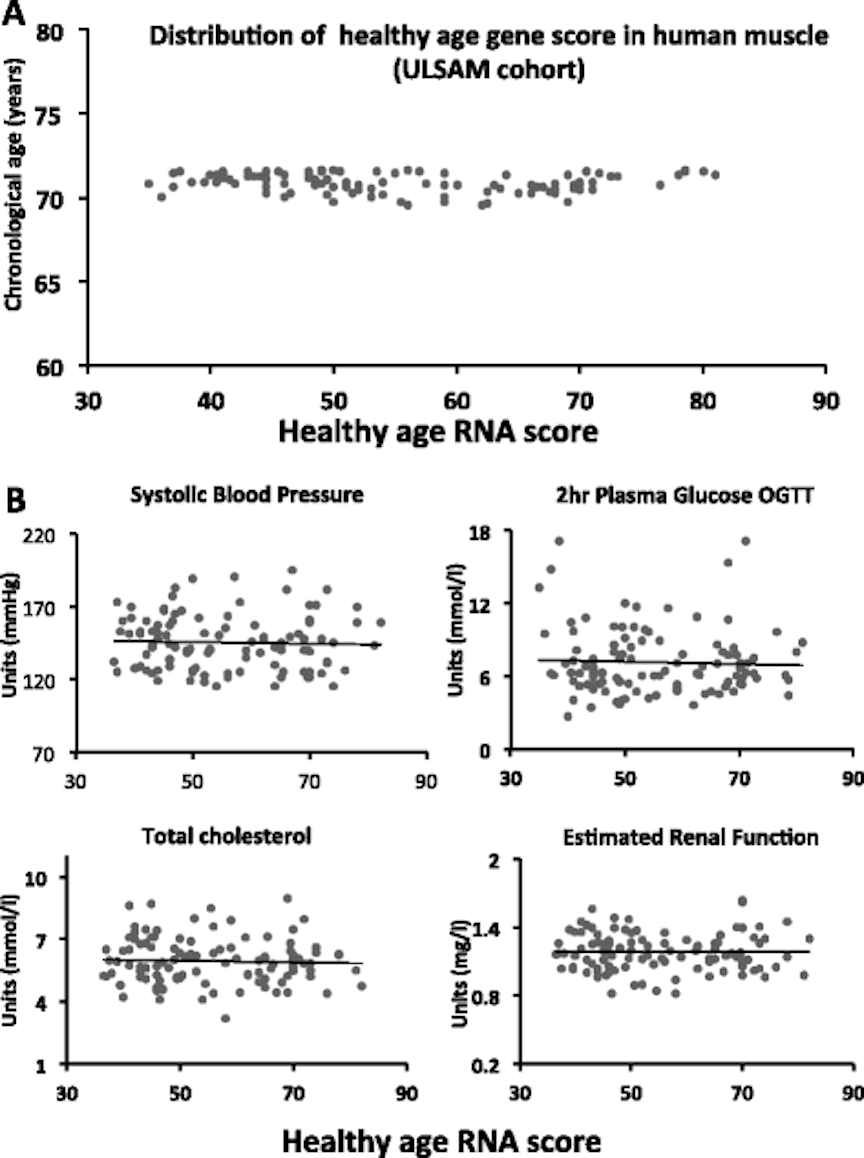
Biological age blood test could identify dementia risk
King’s College London professor James Timmons has developed a gene signature blood test that he believes could be used to predict Alzheimer’s disease. His goal is early detection and preventative treatment. The test is the first to measure biological age. Researchers analyzed thousands of blood, brain and muscle samples to find 150 markers of gene activity associated with good…
-
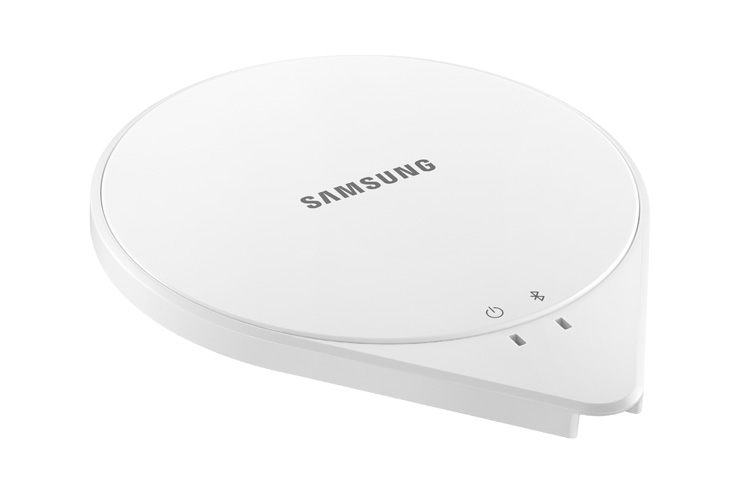
Sleep sensor directs appliances, allows remote monitoring
Samsung’s SleepSense measures breathing, heart rate, and movement in real time, without touching the body. The company claims that this monitoring results in a 97% accurate sleep score, delivered to one’s phone. SleepSense can communicate with a television, audio system, thermostat, and other household devices, to create a favorable sleep environment. TVs can be turned off…
-
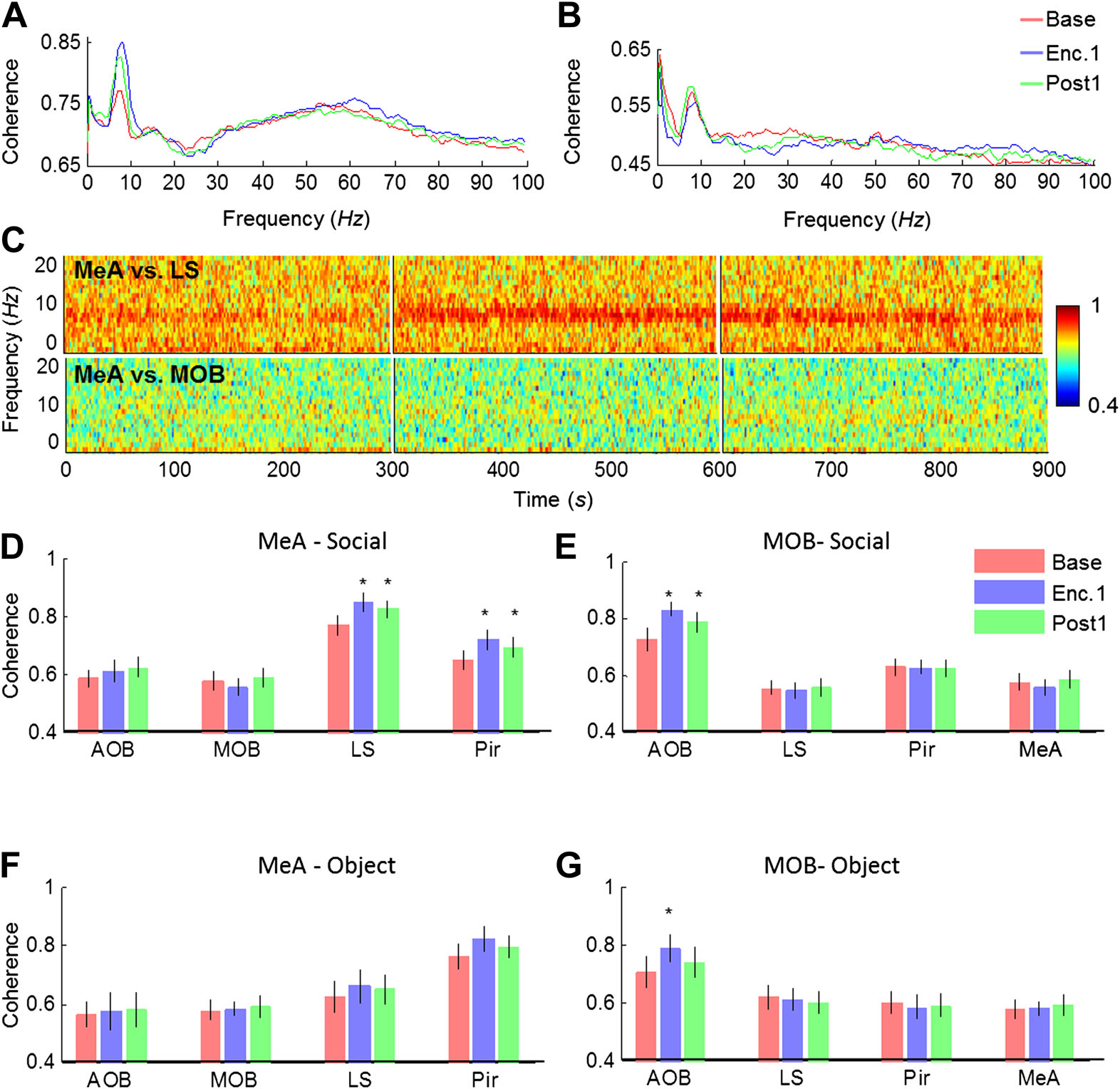
Study: Emotions linked to learning and memory
Shlomo Wagner at the University of Haifa has published a paper linking emotions to the processes of learning and memory. For the first time, electrical activity that takes place in the brain during the formation of social memory was identified. Wagner believes that “different emotions cause the brain to work differently and on distinct…
-
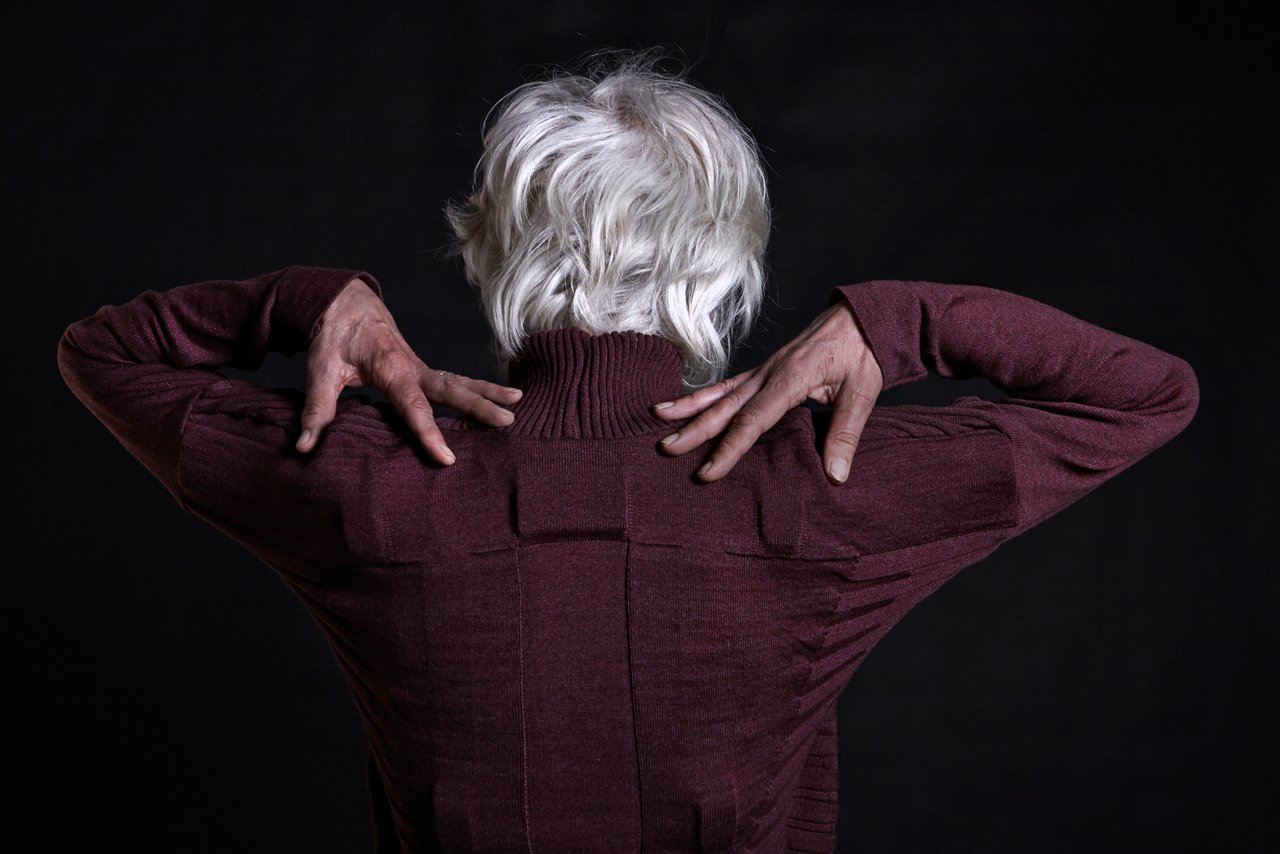
Sensor sweater guides senior rehabilitation
Vigour, by Pauline van Dongen, is a sensor sweater developed for geriatric rehabilitation. The knitted cardigan, with integrated stretch sensors, discreetly and continuously monitors upper body movement. Two sensors monitor lower back movement, and one under each arm monitors shoulder and arm movement. Data is transferred to the user, caregiver, or physician. It can be worn…
-
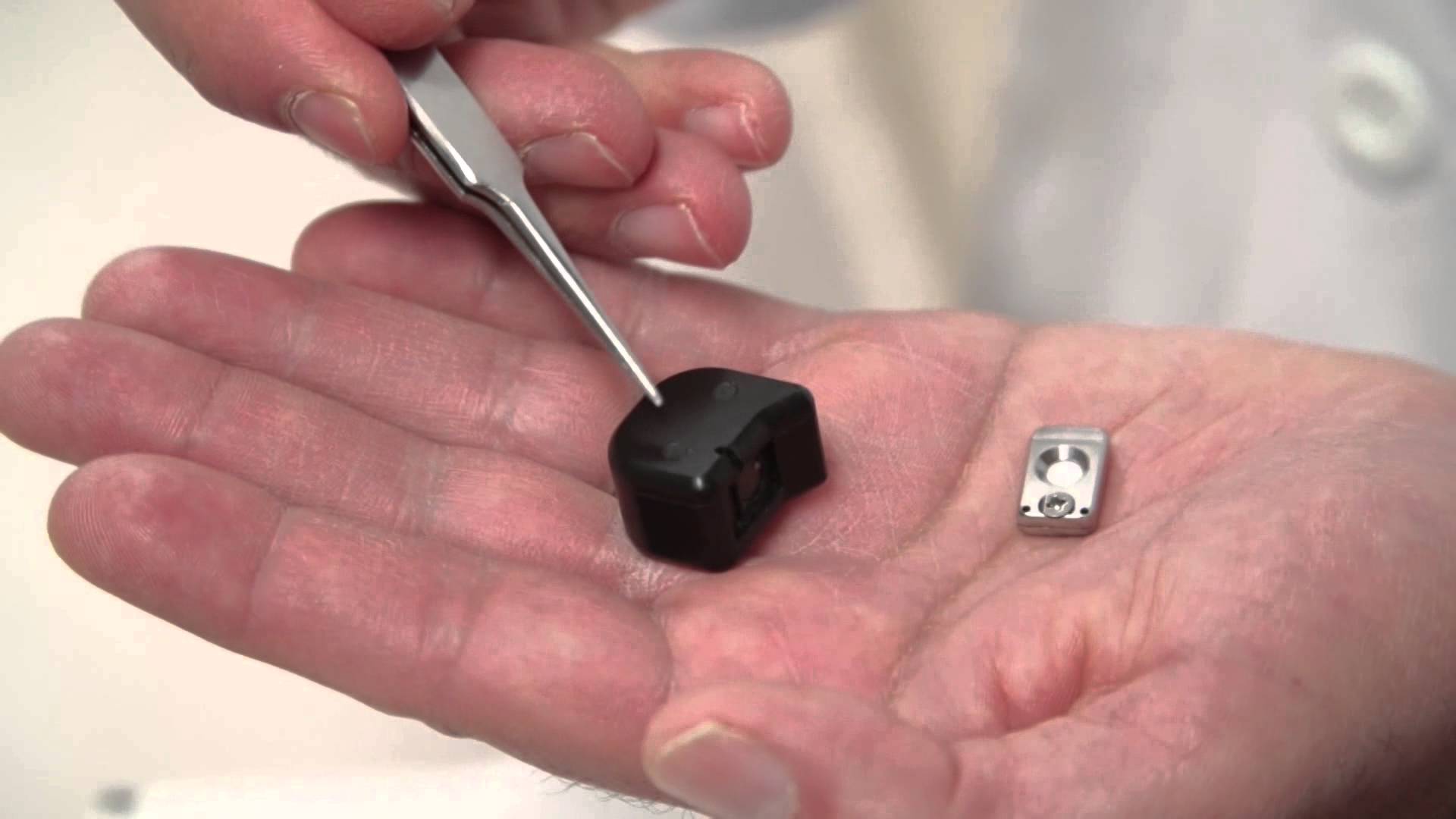
Human cell sensor detects chemical changes early
University of Rochester‘s Spencer Rosero is developing a human cell sensor that, when implanted, detects subtle biological changes to provide advanced warning of health issues. The cells are engineered to detect specific chemical changes. When a variation is discovered, the cells respond, and a fluorescent light glows. The sensor’s camera enables patients and doctors to…
-
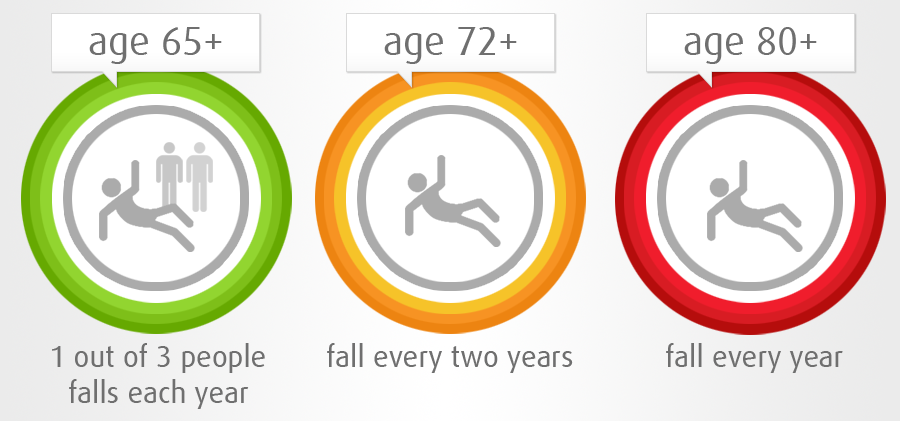
Stamp sized wearable detects falls
As part of its IoT Ubiquitousware platform, Fujitsu has developed a stamp sized sensor tag that detects falls, position, posture, and temperature changes. The tags contain accelerometers, barometers, gyroscopes and microphones. They can also include heart rate sensors and GPS modules. Data is transmitted via Bluetooth Low Energy. Algorithms analyze the data and automatically send alerts…
-
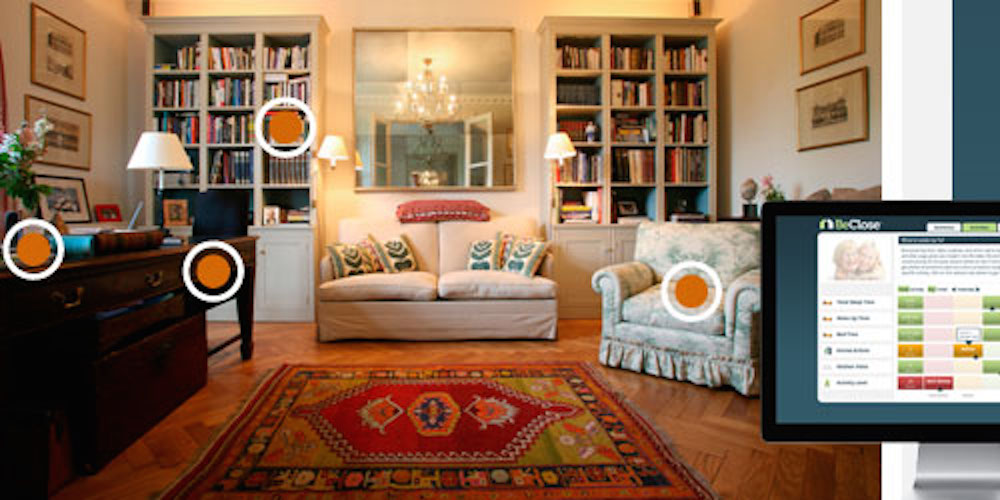
Sensor technology helps seniors age in place
Evermind, Lively (see ApplySci April, 2013 and November, 2014), and BeClose are sensor systems allowing remote caregiver monitoring — part of a growing genre of technologies helping seniors age in place. Evermind detects when appliances are switched on and off, and sends messages to caregivers through the day. It also sends alerts when changes in activity…
-

Built-in, contactless sensors monitor breathing
Novelda’s building-integrated “XeThru” sensor modules detect human presence and monitor respiration. Breath rate and depth are measured and tracked in real-time. The use of radio waves, rather than infrared, ultrasound or light, allows the modules to ‘see through’ a variety of objects, including building materials and blankets. The sensors are intended for hidden, tamper proof,…
-
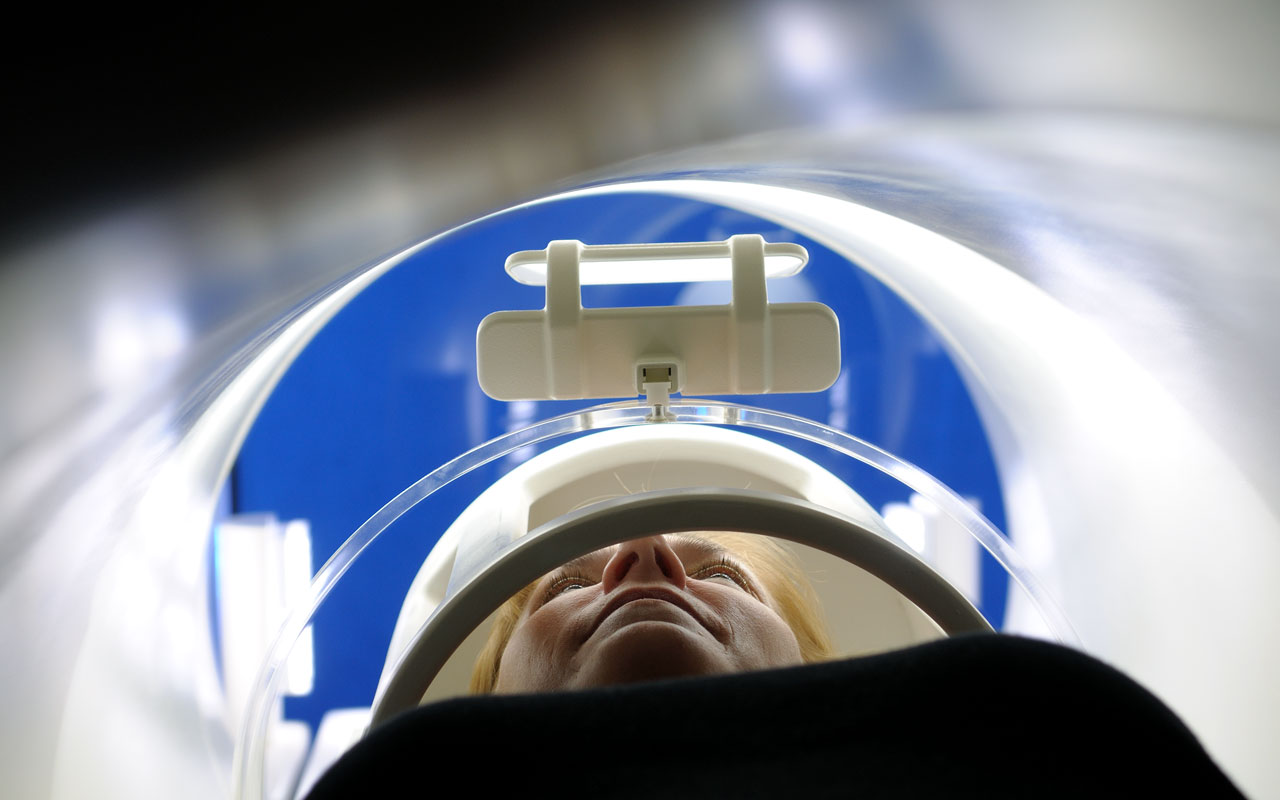
High speed MRI analyzes vocal movement
Aaron Johnson of The Beckman Institute has developed an MRI technique that can view dynamic images of vocal movement at 100 frames per second. This speed is far more advanced than any other MRI technique. The method is especially useful in studying how rapidly the tongue moves, along with other muscles in the head and neck, during…
-
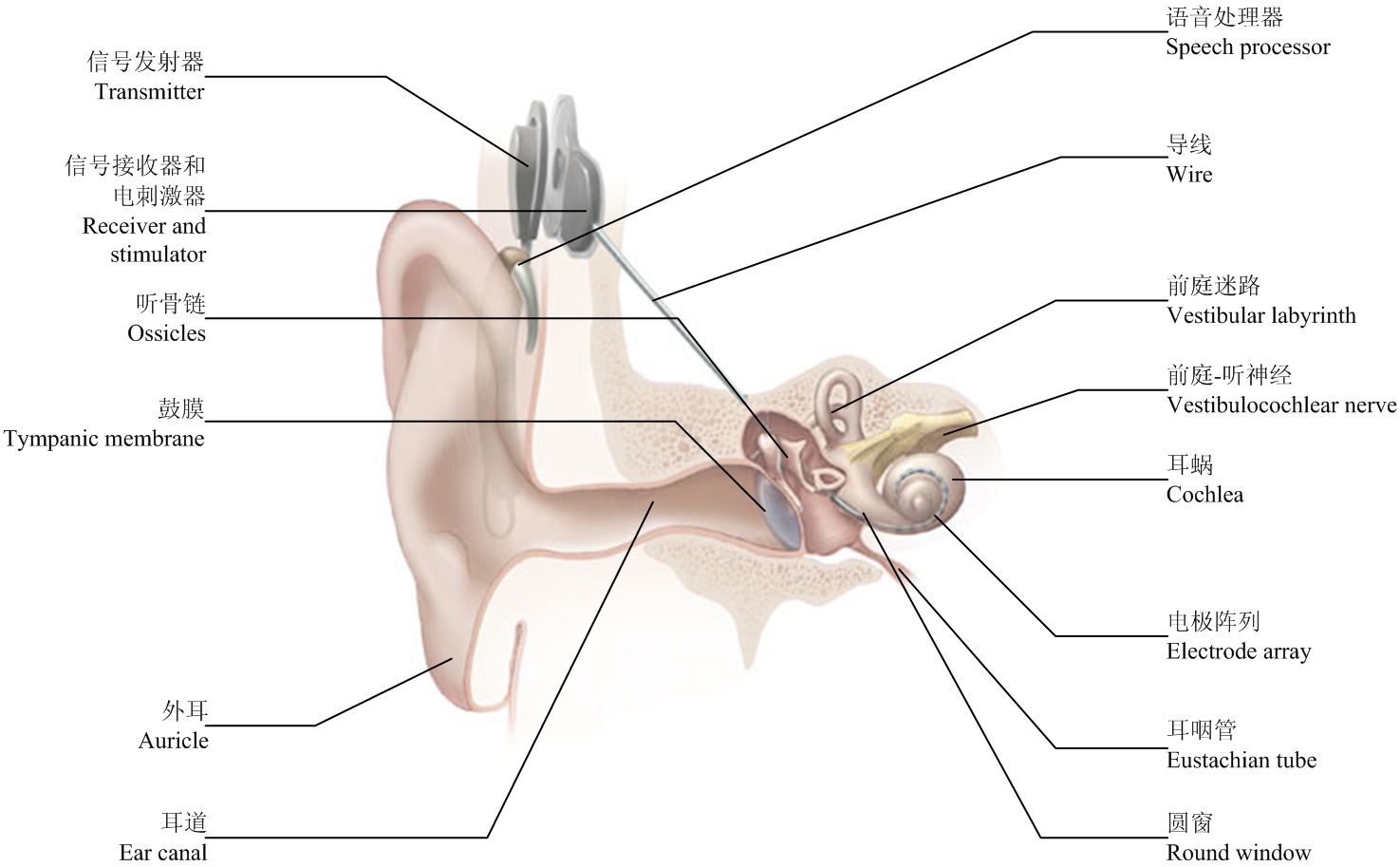
Cochlear implant could improve senior cognition, mood
Pitie-Salpetriere Hospital researchers examined 94 cochlear implant patients 3 times — before they received the device, 6 months after implantation, and 1 year after implantation. A year after the implant, (65 – 85 year old) subjects heard words more clearly, and most had improved cognition and fewer depression symptoms. Dr. Isabelle Mosnier and colleagues detailed…
-
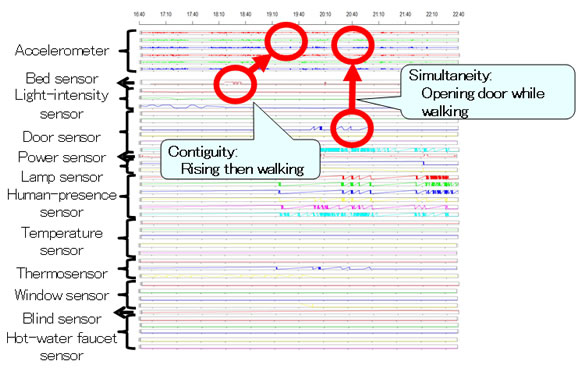
Home + wearable sensors detect motor function issues
Fujitsu Laboratories, CASALA, and Insight@UCD have developed technology that detects abnormal motor function early using wearable and home embedded sensors. 110 ambient sensors were installed in a home which, combined with wearable sensors, collected extensive daily routine data. Researchers discovered abnormalities that often go unnoticed by doctors by extracting “opened door” or “walked” events that…
-
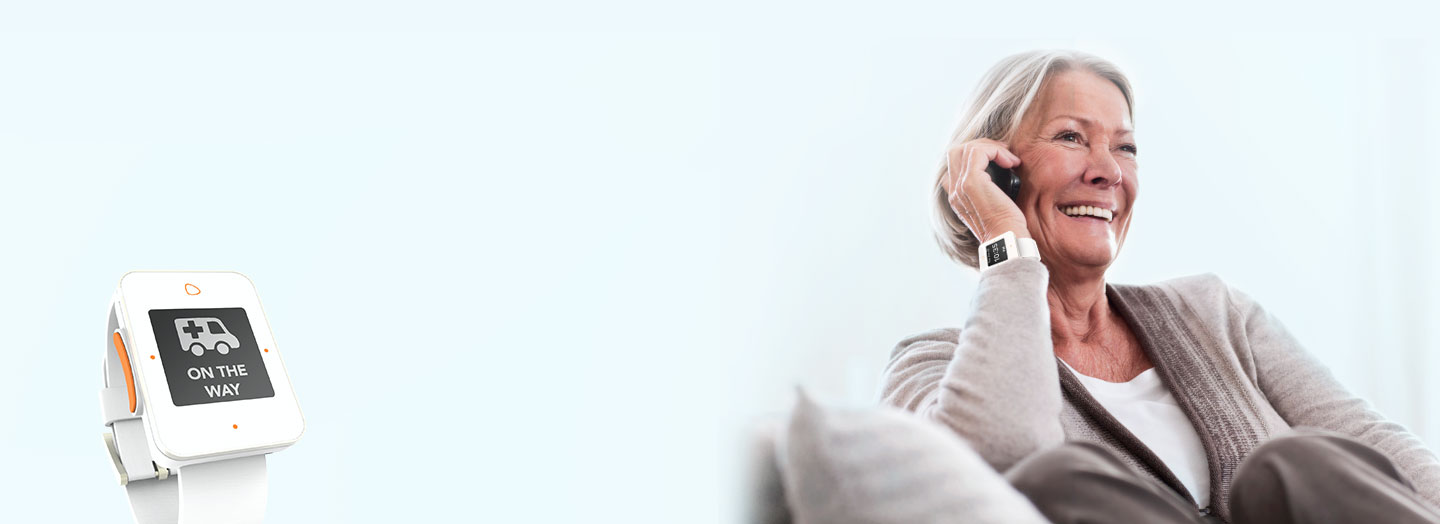
Another smartwatch for seniors
Device makers continue to address the phenomenon of seniors living longer, and independently aging in place. Lively, who last year crowdfunded a senior monitoring sensor system that operates independently of a Wi-Fi network, has released a smartwatch. It relies on the Lively Hub, with its own cellular network. The watch gives medicine reminders, or alerts when medicine…